Maximize Your Estate Plan During Tax Season
Tax season might seem like just another annual chore, but it's an often-overlooked opportunity to review your estate plans. As you're gathering financial documents and reviewing your assets, it's an ideal time to consider your financial legacy. Tasks like making annual gifts, reviewing asset values, and checking on beneficiary designations can have profound long-term benefits, potentially saving on taxes and securing your assets for your loved ones.
Reviewing Asset Valuation and Capital Gains
Understanding the concept of the “step-up” in basis can significantly impact the capital gains taxes heirs may face. When you inherit assets like property or stocks, these often receive an adjusted value—known as a step-up in basis—that aligns with the asset’s current market value at the date of death. This adjustment can greatly reduce the capital gains taxes heirs might have to pay if they decide to sell these assets. By reviewing the valuation of your assets now, you can plan more effectively for minimizing taxes for your heirs.
Lifetime Gift Tax Exemptions
The annual gift tax exemption is a strategic tool for reducing your taxable estate. Currently, you can gift up to a set amount each year per recipient without triggering a gift tax. Annual gifting allows you to pass on wealth incrementally, helping heirs or other beneficiaries without dipping into your lifetime estate tax exemption limit. During tax season, consider how these annual gifts can be used as part of your broader estate planning strategy.
IRA and 401(k) Beneficiary Designations
It's crucial to review and update the beneficiary designations on your tax-deferred accounts such as IRAs and 401(k)s, especially after major life events like marriage or divorce. Different beneficiaries have different tax implications; for instance, spouses can roll over inherited accounts into their own, potentially deferring taxes, while non-spouse beneficiaries may need to withdraw funds within a certain timeframe. Making sure these designations are current ensures that your financial plans align with your intended legacy.
Charitable Contributions and Trusts
Charitable giving not only helps minimize taxable income but also enables you to leave a lasting legacy. Charitable remainder trusts, for example, provide immediate tax benefits and ongoing support for your chosen causes. These trusts allow you to contribute assets to a charity, often with a tax-advantaged structure that reduces estate taxes. Reviewing your charitable contributions during tax season can reinforce your estate planning goals while fulfilling philanthropic aspirations.
Remember, tax season provides a unique opportunity not just for filing returns but to revisit and refine your estate planning goals. By doing so, you can ensure that your financial legacy is secure for future generations. Consider speaking with an estate planning attorney or tax advisor to help align your strategies and take proactive steps towards peace of mind.

